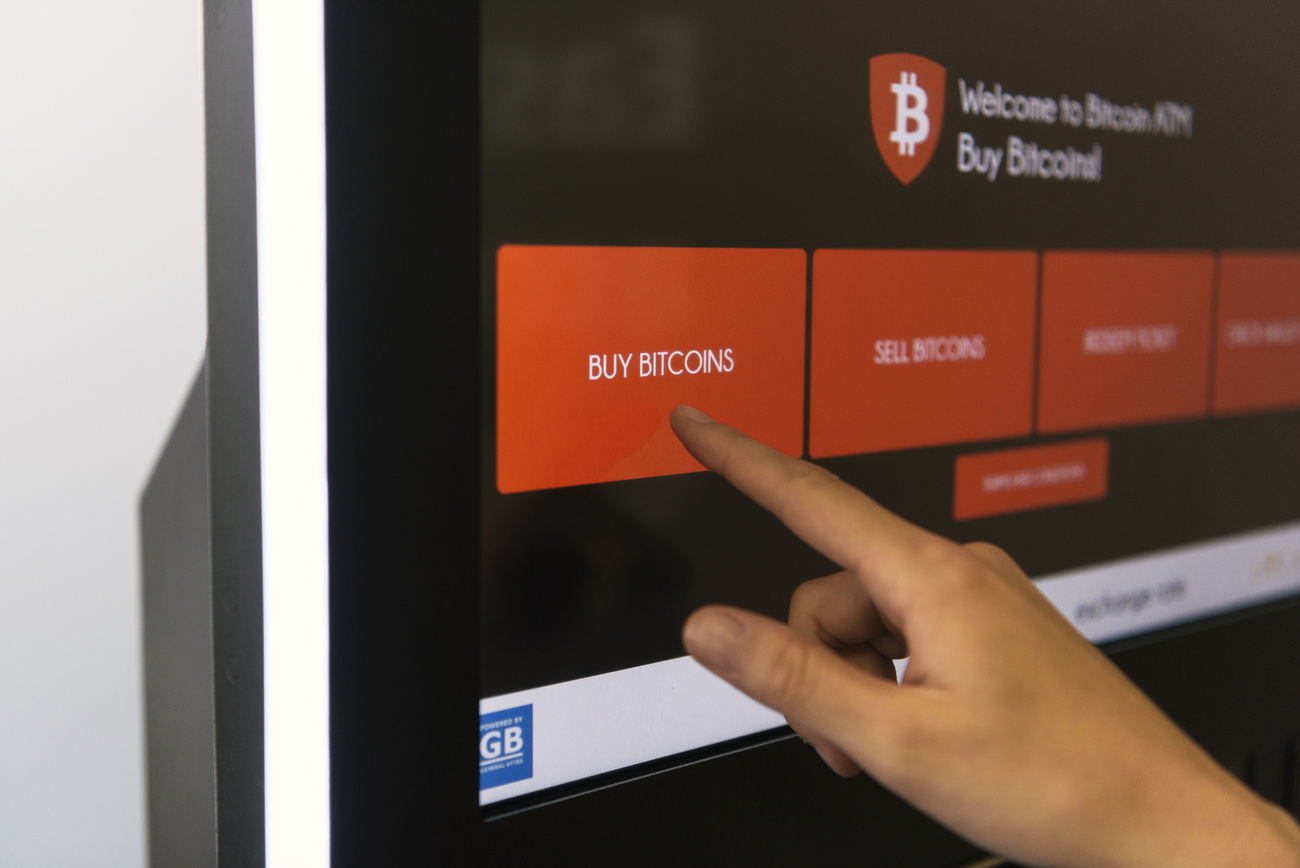
Swiss law reforms make crypto respectable

Bitcoin used to be something of a dirty word, associated with crime and money laundering. Switzerland has now amended its legal code to welcome cryptocurrencies and blockchain technology into the mainstream.
Parliamentarians in the Senate rapidly passed a wide-ranging set of financial and corporate law reforms on Thursday. The so-called “Blockchain Act” had sailed through the House of Representatives unopposed in the summer, meaning the law will likely come into effect early next year.
The legislation could open the doors not just to decentralised finance but also the creation of digital company shares and a range of other tradeable assets.
Several existing laws have been updated, ranging from company bankruptcy to securities trading. Neighbouring Liechtenstein has already enacted extensive blockchain legislation, but it chose to create new laws rather than amend the current code.
The growing Swiss blockchain industry has welcomed the legislation. “As of next year, Switzerland will have a regulatory framework that is among the most advanced in the world,” said Heinz Tännler, President of the Swiss Blockchain Federation.
Some 900 blockchain companies, employing around 4,700 staff, have sprung up in “Crypto Nation” Switzerland in the last few years. These include crypto banks, asset managers, real estate ventures, alpine cryptocurrency vaults, a variety of different blockchains, upcoming digital stock exchanges and an array of digital currency projects, such as Libra.
The legal code has now caught up with blockchain – otherwise known as Distributed Ledger Technology (DLT).
Banks paying attention
It sets a firm legal basis for exchanging digital-only securities and for reclaiming digital assets from bankrupt companies. It also sets legal standards for crypto trading exchanges and tackles the threat of money laundering using cryptocurrencies.
Swiss banks have for years been wary of cryptocurrencies and blockchain upstarts, fearing a new wave of money laundering headaches. A Wild West phase of blockchain start-up crowd funding in 2017 and 2018 left many investors unhappy with their return or defrauded. As a result, it’s still difficult for some Swiss blockchain start-ups to get a bank account.
But banks are also taking note of new potential to disrupt finance. If they ignore such possibilities, they risk losing out to competitors such as Sygnum or SEBA – granted banking licenses last year.
UBS and Credit Suisse are testing the potential of DLT trading and are part of a consortium behind a digital payment token project to settle trades faster. Julius Bär has a partnership with SEBA crypto bank and Vontobel issues cryptocurrency-backed trading certificates on the Swiss stock exchange.
Private banks such as Maerki Baumann and Arab Bank Switzerland offer cryptocurrency services to wealthy clients, usually through intermediates such as Bitcoin Suisse, Metaco or Taurus.
But the Swiss law changes are just as important for the creation of digital-only versions of company shares, real estate holdings, art and other assets that can be listed and traded on blockchains. It remains to be seen if the reformed Swiss legal code will provide real momentum for the industry.
Blockchain and cryptocurrencies
Bitcoin was created in 2008 by the pseudonymous Satoshi Nakamoto. It is a decentralised digital currency that can function without banks by running on the blockchain.
Blockchain, otherwise known as Distributed Ledger Technology (DLT), offers a new way of sending data around the world – including cryptocurrencies. Control of the digital network is spread to each of its participants, removing reliance on centralised parties.
DLT promises enhanced privacy, increased efficiency by sending data directly to the recipient rather than via intermediaries and the potential to reach more people though decentralisation.
Blockchain sceptics argue that the potential benefits are over-rated and that it opens the doors to criminals.

In compliance with the JTI standards
More: SWI swissinfo.ch certified by the Journalism Trust Initiative





























Join the conversation!